Every trader eventually hits that moment when the charts blur together, patience runs thin, and the emotional pressure becomes unbearable. You refresh your screen every few seconds, hoping the next candle fixes everything. This is when trading shifts from being strategic to reactive.
Learning when to step away from the charts isn’t a sign of weakness. It’s one of the strongest habits a professional trader can develop.
Why Mental Fatigue Destroys Performance
Trading is one of the most mentally demanding activities you can do. Each decision carries uncertainty, pressure, and financial consequence. Over time, this constant stress can lead to emotional fatigue — clouding your judgment and pushing you toward impulsive decisions.
When fatigue sets in, traders often start:
- Forcing entries just to feel productive
- Ignoring stop losses because they “just need one win”
- Overanalyzing charts until patterns appear that aren’t really there
These are signs that logic has left the room and emotion has taken over.
Recognizing the Signs You Need a Break
Stepping back doesn’t always mean walking away for weeks. Sometimes, a single day of distance is enough to reset. Look out for these warning signs:
- You’re revenge trading – trying to win back losses immediately after a bad day.
- You’re emotionally drained – the charts make you anxious instead of curious.
- You’re seeing setups everywhere – even in markets that are clearly ranging.
- You’re neglecting your life outside trading – skipping meals, workouts, or social time.
When trading consumes your entire identity, you lose the ability to see markets objectively.
How to Step Away Productively
Taking a break doesn’t mean quitting. It’s an opportunity to realign your mindset and rebuild discipline.
- Journal your trades and emotions. Write down what triggered your mistakes. Awareness is the first step toward correction.
- Backtest strategies offline. Use past data to validate your setups without real risk.
- Educate instead of execute. Watch lessons, read trading psychology books, or review macro market trends.
- Disconnect completely for 24–48 hours. Do something that resets your nervous system. Fresh air, exercise, or time with loved ones can restore mental balance.
When you return, trade smaller, focus on execution quality, and let consistency rebuild confidence naturally.
The Power of Detachment
The best traders have one thing in common: they don’t need the market. They can walk away at any time because their identity doesn’t depend on trading results. Detachment gives you control over your emotions, and that control turns into consistency.
Stepping back is not losing momentum. It’s regaining clarity. The market isn’t going anywhere, but your mental capital is limited — protect it like your portfolio depends on it, because it does.
Opere de forma más inteligente con EPIQ
En Parqué EPIQ, we help traders strengthen both their strategy and mindset. Inside EPIQ, you’ll get:
✅ Structured trading psychology modules
✅ A supportive community for accountability
✅ Real-time trade setups and journaling systems
✅ Access to pro insights designed to reduce burnout
Comienza tu 3 días de prueba gratuita today and learn how to trade with more discipline, confidence, and mental control.
Asesoramiento no financiero (NFA): This article is for educational purposes only and not financial advice. Always do your own research and manage your risk responsibly.


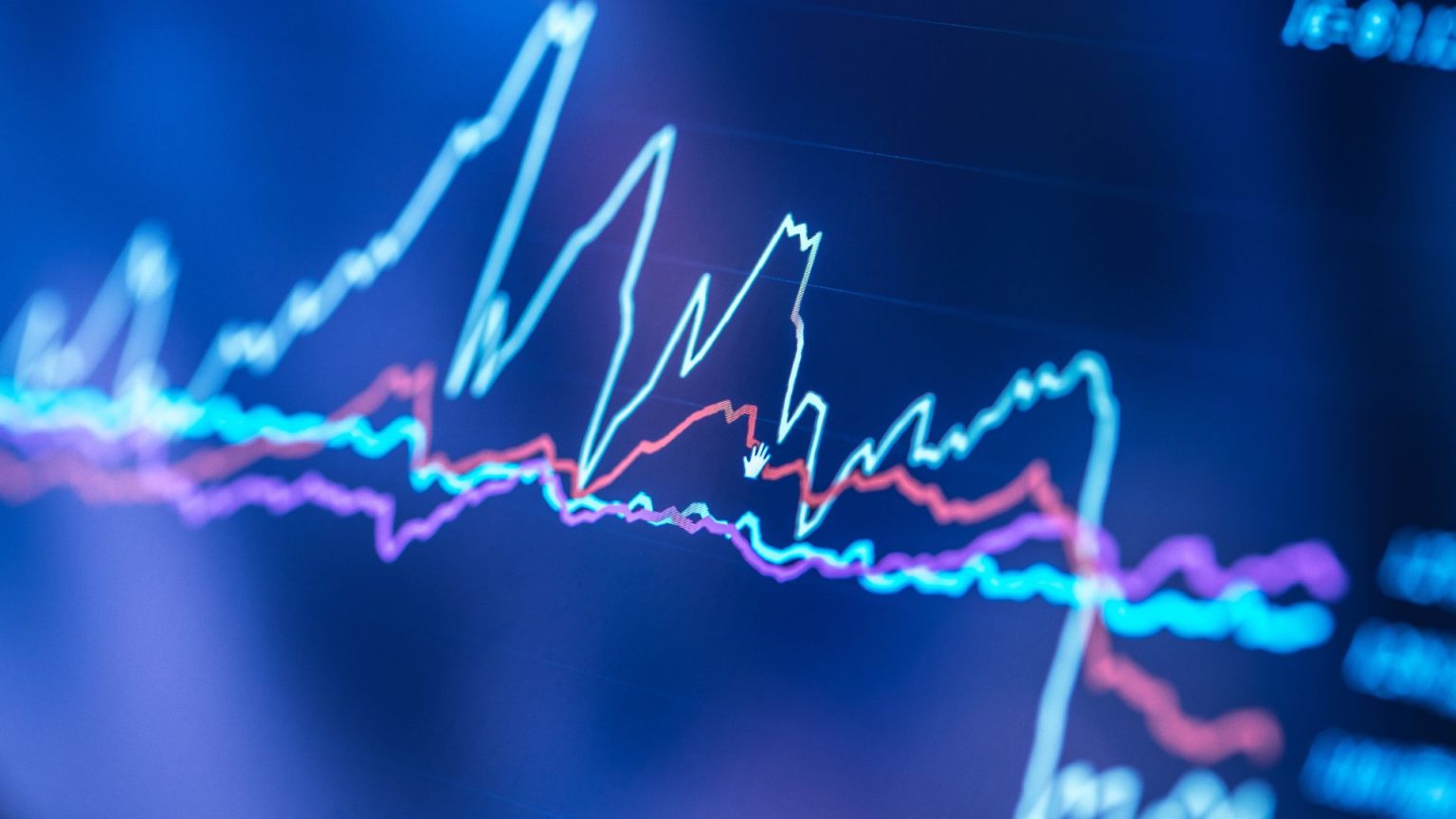


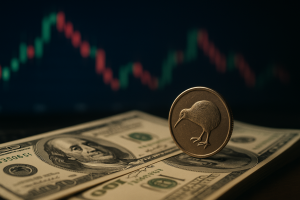
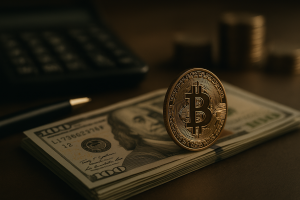
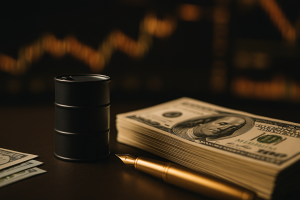
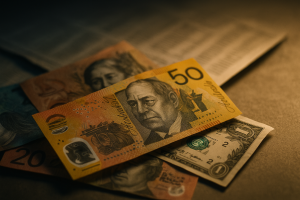

Respuestas